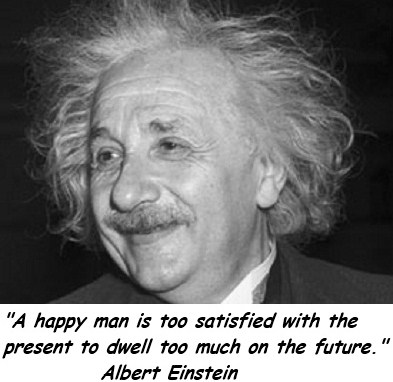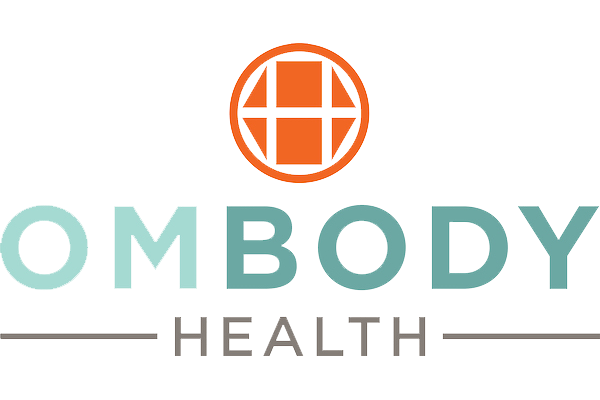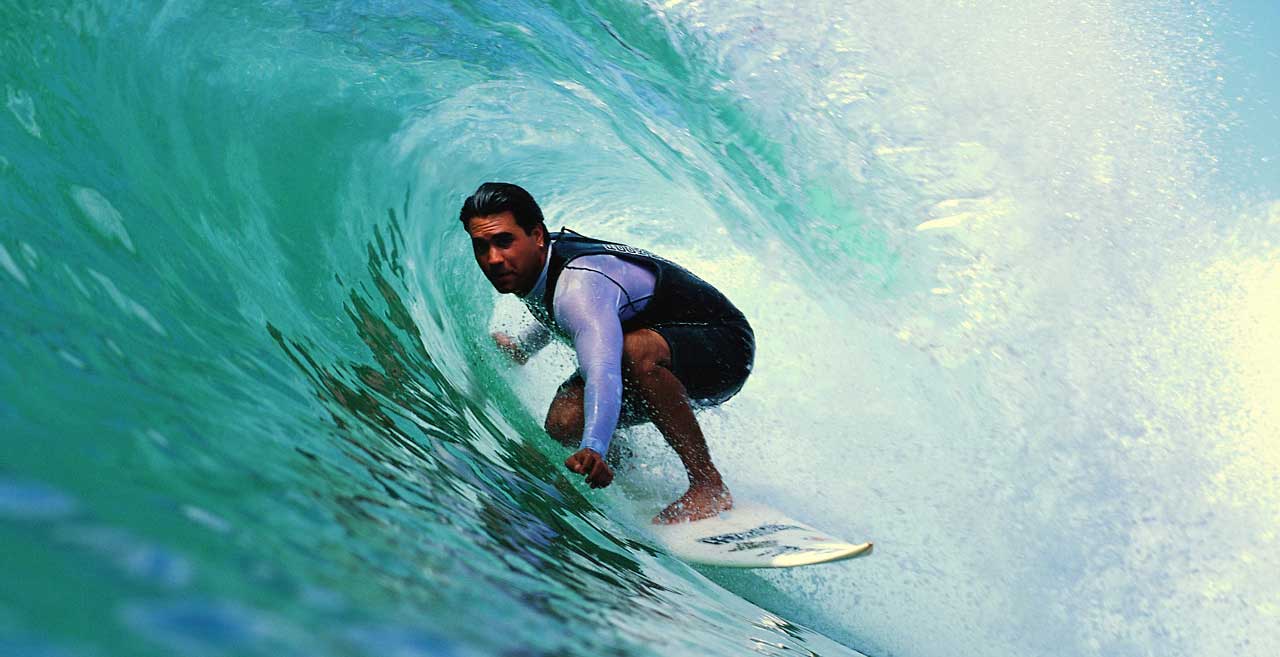There is a ton of information out there about the latest diet and nutrition tips to achieve optimal health, but there is an important factor that impacts our energy levels, wellbeing, and creativity that often gets overlooked.
The truth is (and there is ample research to back this up), we can have a beautiful diet and be at the perfect weight for our bodies, but still be both unhappy and have a higher likelihood for chronic health conditions than someone who eats moderately, appears to be overweight, and even smokes!
Why is this? Researchers are finding that our mental and emotional wellbeing are equally, if not more, important than diet and exercise when it comes to determining our healthspan (how long we live in a relatively healthy state) and lifespan (how long we live). One study found that social integration and close relationships were the number one determinant of how long and well we live, above a number of physical factors including smoking, drinking and weight. (If you don’t believe me, check out this TED Talk by Susan Pinker: The secret to living longer may be your social life.)
Another powerful predictor of our health and wellbeing is how much time we spend playing.
A False Belief
Do you ever feel guilty when you’re in leisure? Like your worth in life is contingent upon your productivity? You’re not alone. I suffered from this false belief for years, and the truth is that it still creeps in once in a while.
If you live in and were raised in the US, you were conditioned by a society that strongly values getting things done, efficiency, intellect and doing in general. This cultural inertia can instill the belief that if we’re not working toward something, we’re not of value.
However, there is significant research that suggests that we are most likely to succeed when our motive is intrinsic, like that of play (check out this article from Fast Company). The thing that distinguishes play and work for most people is that play is something we do for pleasure, “an activity that has a purpose in and not apart from itself” (Dictionary definition of an autotelic experience), while work is often viewed as something we do to achieve an outcome or some external reward.
Notice I used the word “viewed” when referring to work. The people who are most successful and happy in work and life have a different perspective on work; they regularly view work like play—something they want to and enjoy doing—than like something they have to do to achieve an end. When working, they allow themselves to become fully immersed in their task—whether it be as a cashier, surgeon or artist—without worry about the outcome or, in the words of Dr. Judson Brewer (2016) “getting caught up” in comparison, self-reference, or thinking about the past or future.
According to a Harvard study, the average person spends about 50-60% of their time thinking about the past or the future. The same study found that “a wandering mind is an unhappy mind” (Brewer, 2016). Or in the words of Google Engineer Mo Gawdet in his book Solve for Happy: “The less we think, the happier we are.”
The MindBody State Called Flow
Autotelic experiences lend to a state called “flow” and positive psychologists have found that flow is central to our wellbeing. When in flow, we are completely immersed in what we are doing, so much so that we forget to judge or criticize ourselves or others, we don’t get caught up in our thoughts and emotions, and best of all, we are enjoying ourselves. A few common examples of flow include: play, dance, rock climbing, chess, surfing, games and sports, and yes, even work.
While these activities all have extrinsic rewards associated with them (making and keeping friends, recognition, fit body, money, promotions, etc.), what makes them autotelic and conducive to flow is that the primary reason we do them is for the intrinsic pleasure that we feel while immersed in the activity.
Flow theory was introduced by psychologist Mihaly Csikszentmihalyi. In his research, Csikszentmihalyi found that people who are deprived of flow for even just one full day report “felling more tired and sleepy, feeling less healthy and relaxed, having more headaches, judging themselves more negatively, feeling less creative and reasonable, and that daily activities feel more like a chore, accompanied by irritability, loss of concentration, and depression” (Csikszentmihalyi, 1975).
Yikes! If one day can do this, imagine what a lifetime of flow deprivation can do?
How to Activate More Flow in Work and Life
Not to worry, chances are you are already experiencing flow in some capacity. Csikszentmihalyi identifies a flow continuum, distinguishing between deep-flow states (rock climbing, dancing, spiritual rituals, performing surgery) and microflow activities (conversation or joking without any goal in mind, fiddling with an object, playing games, even washing the dishes was a microflow moment for one subject). Microflow activities like telling a joke just for fun or playing a game are important and may be more accessible most days, but prioritizing activities that get you into deep-flow may have a more powerful impact on your health and happiness (Csikszentmihalyi, 1975).
Equally as important as the activity itself is the mindset we enter into the activity with. An experience that would usually be a flow experience can be just the opposite if we’re caught up in our thinking. Similarly, an undesirable experience like working or even being a prisoner of war—this is where Csikszentmihalyi’s research started when he noticed how some people’s experiences were far better than his own albeit their circumstances the same (Oppland, 2016)—can be conducive to feelings of flow and contentment when we allow ourselves to be fully absorbed in the present moment.
The following have been identified as pre-requisites for flow:
You must have a clear objective and real time feedback of whether you’re doing the task. For example, if rocking climbing, the objective is to climb and you know if you’re climbing based on whether you’re doing it or not. Note that having a clear objective in this case is not the same as being focused on the outcome. In the rock climbing, the main objective is to go climbing, second to that may be to make it to the top of the cliff or to get in shape, but these are not the main focus for those who love the sport.
You must be highly concentrated on single thing. Technology can make this tricky for many of us because if we allow ourselves to be, we run the risk of constant bombardment with emails and texts. You are in control of this. If you have an important work project or want to immerse yourself in painting, turn your devices and email off so you can limit your focus to one thing and receive the pleasure and creativity of being in flow.
The activity should be challenging, yet within your skill range. Flow activities should not induce boredom or anxiety, but fall somewhere in the middle.

The following are common experiences of people if a flow state:
- Feeling in control and autonomous, yet relaxed, flexible and at ease.
- 2 hours feels like 10-minutes (altered perception of time).
- Consciousness and action become one (not caught up in thinking, complete immersion in the task).
- The purpose is in and of itself (autotelic).
(Burzik, Csikszentmihalyi)
Final Thoughts
Do you allow yourself to prioritize, without feeling guilty, activities that are intrinsically pleasurable on a regular basis? If not, I hope you will start! When you do, it will have a ripple effect throughout your entire life. You may notice that you feel less tired, you’re naturally more creative, you get sick less often, and you spend less time caught up in judgement, worry, anxiety, depression and thinking in general.
As Dr. Judson Brewer (Stanford researcher on addiction and mindfulness) says: “When we get out of our way, we’re happier, more engaged with the world, more compassionate, and we perform at our best. We all are awesome, we just have to get out of our own way.”
Now, go play!
References:
Burzik, Andreas. The 8 Elements of Flow. https://www.flowskills.com/the-8-elements-of-flow.html
Brewer, Judson (2016). Get Out of Your Own Way. https://www.mindful.org/youre-already-awesome-just-get-out-of-your-own-way/
Csikszentmihalyi, Mihaly (1975). Beyond Boredom and Anxiety: Experiencing Flow in Work and Play. Jossey-Bass
Oppland, Mike (2016). 8 Ways To Create Flow According to Mihaly Csikszentmihalyi. https://positivepsychologyprogram.com/mihaly-csikszentmihalyi-father-of-flow/
About the Author
 Allison Andrews, M.Ed, Certified Corporate Wellness Specialist, Certified Health Coach, Certified Yoga Teacher
Allison Andrews, M.Ed, Certified Corporate Wellness Specialist, Certified Health Coach, Certified Yoga Teacher
Allie is the Founder and Program Director at OmBody Health. In addition to coaching thought-leaders, executives and professionals to maximize their impact and quality of life, she and her team empower organizations to develop work cultures that foster employee health, happiness and engagement.

